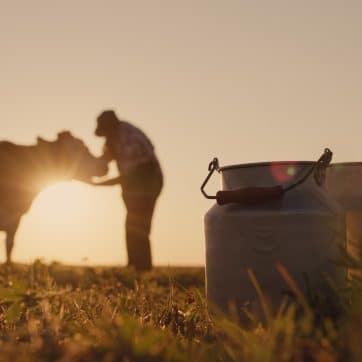
To bridge the gap between commitments and reality, the Irish Department of Agriculture, Food, and the Marine has partnered with EIT Climate-KIC – Europe’s largest climate innovation initiative – to work with public and private stakeholders in the Irish land and agri-food system to help accelerate its pathways to climate neutrality.
Ireland’s strategy is to achieve a climate-neutral food system by 2050, with a commitment to reduce emissions from agriculture by 25% by 2030. The Irish Climate Action Plan 2023 and the Food Vision 2030 Strategy have set out ambitious plans to reduce greenhouse gases (such as methane and ammonia), balance remaining emissions through carbon sequestration (for example through carbon farming and increased forests), and improve biodiversity, air and water quality.
EIT Climate-KIC is applying its ‘Deep Demonstration’ model of innovation to the entire agri-food and bio-based value chain, from soil to farm to fork to society. This involves working with stakeholders from both public and private sectors, including finance and education, as well as civil society, to develop and deploy coordinated innovation actions that work – in practice and at scale – and to obtain insights and lessons about a range (‘portfolio’) of solutions.
7 flagship areas of innovation
After mapping the Irish land and agri-food system to identify key actors, issues, initiatives and opportunities, we have identified seven high-potential innovation areas underpinned by 280 on-the-ground projects. We will be implementing four of these seven frameworks between 2024 and 2025.

Vision 2050: re-imagine Ireland’s land and agri-food system
ACTIVE
Grow the sector through innovation and investment in new value chains
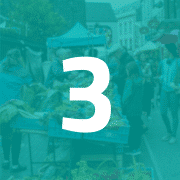
Implement circular bio-economy models at regional or multiple value chains level
ACTIVE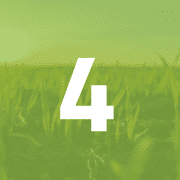
Diversify incomes through carbon farming and nature credit frameworks
ACTIVE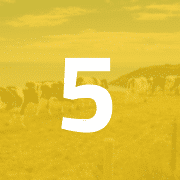
Produce and certify climate-neutral beef
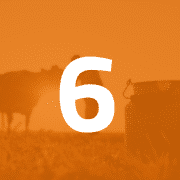
Accelerate emission reduction and sustainability in dairy farms
ACTIVE
Grow and diversify the tillage sector
The map shows the key relationships, existing initiatives, and potential ‘levers of change’ for effective innovation interventions in the Irish land and agri-food system. Make sure to download it for optimal navigation.
Ireland can draw on a wide array of innovative solutions from circular and bioeconomy practices, carbon farming, alternative proteins, and nature-based solutions to achieve the goal of a sustainable food system. This report provides an overview of solutions that can be considered as a part of the portfolio development, during which innovation actions — including both policies and projects — are co-designed with public, private and civil society stakeholder actors.
Find here all resources related to the Ireland Deep Demonstration project, including further reports, workshop summaries, and Consultative Group meetings.
Ireland wants to embrace change, to mitigate its agricultural footprint, and to adapt to the effects that climate change is already having on its oldest and largest domestic sector.
The stories you can read in this section capture the difficulties encountered by Irish farmers, fishers and forest owners, as well as their determination to meet these challenges head-on. But they also tell of the underlying hope in a beautiful, just and more sustainable future for the next generations.
The Ireland Deep Demonstration project has uncovered a powerful red thread, in each conversation with the people we have met: the desire to find solutions that work, and the will to put them into practice.











